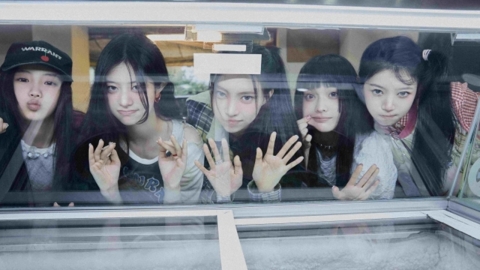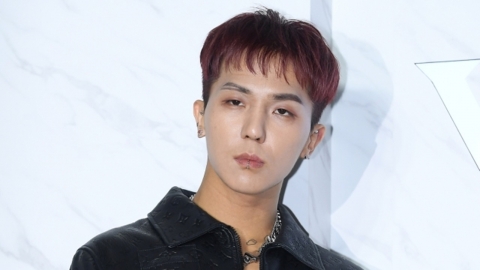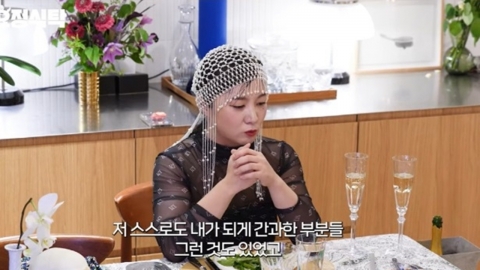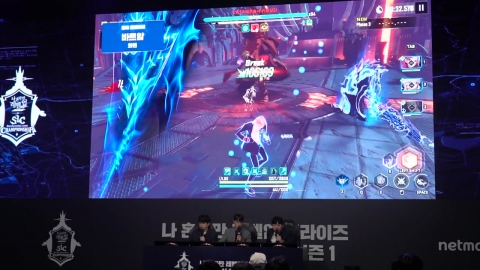New Japanese Prime Minister Shigeru Ishiba's back-and-forth move is gaining traction.
It is pointed out that the reversal of the nomination policy for lawmakers involved in the slush fund scandal and a change in their position on raising interest rates could adversely affect the general election.
Correspondent Kim Se-ho's report from Tokyo.
[Reporter]
Ishiba is expected to exclude at least 10 of the lawmakers involved in the slush fund scandal from the nomination.
He said he would not nominate any lawmakers involved in the slush fund scandal during the presidential election.
However, as public opinion deteriorated while trying to change the policy to allow it recently, it turned back to exclusion of nominations.
The target includes a large number of Abepa, which is expected to cause strong opposition.
It was also said that the general election should be carefully decided over time after allowing the people to make sufficient judgments.
However, immediately after the election of the president, he announced the dissolution of the House of Representatives and the early general election.
[Shigeru Ishiba / Japanese Prime Minister: I think it is important for the new regime to be judged by the people as soon as possible. I'm going to hold a general election on October 27th.]
Opposition parties have strongly protested that Prime Minister Ishiba is changing his position based on political advantages and disadvantages.
[Noda / Leader of the Constitutional Democratic Party: Shouldn't this extraordinary session be aimed at regaining the political trust of the people? Isn't breaking up without discussing this hiding the rotten smell?]
Ishiba's move has also been controversial over his recent comments on interest rates.
He seemed to be in favor of ending negative interest rates by criticizing Abenomics, but changed his mind after meeting with the governor of the Bank of Japan on the 2nd.
The exchange rate fluctuated when he said that it was not an environment to discuss further interest rate hikes.
Immediately after its inauguration, Ishiba's approval rating was 51%, the lowest after Aso's.
Critics point out that if Prime Minister Ishiba continues to show his usual shaky convictions amid unstable foundations within the party, it could adversely affect the upcoming general election on the 27th.
I'm Kim Se-ho from YTN in Tokyo.
※ 'Your report becomes news'
[Kakao Talk] YTN Search and Add Channel
[Phone] 02-398-8585
[Mail] social@ytn.co.kr
[Copyright holder (c) YTN Unauthorized reproduction, redistribution and use of AI data prohibited]
International
View the full list of articles- Africa's M.F.O.P. has killed nearly 1,000 people this year.
- French Foreign Minister Between Israel "Mercury Should Concede to Diplomacy"
- Putin to meet with Iranian President on 11th... "Discussion of situation in Middle East"
- "After the Vice Presidential Debate, Harris by 48% and Trump by 46%..."Closing the Gap"






